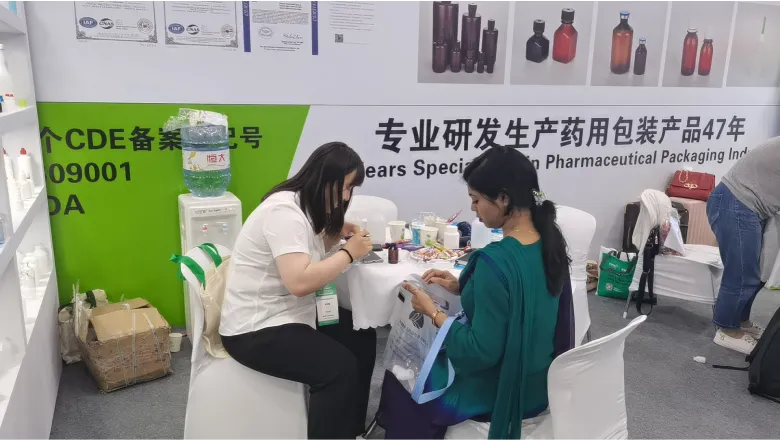
-
 Afrikaans
Afrikaans -
 Albanian
Albanian -
 Amharic
Amharic -
 Arabic
Arabic -
 Armenian
Armenian -
 Azerbaijani
Azerbaijani -
 Basque
Basque -
 Belarusian
Belarusian -
 Bengali
Bengali -
 Bosnian
Bosnian -
 Bulgarian
Bulgarian -
 Catalan
Catalan -
 Cebuano
Cebuano -
 Corsican
Corsican -
 Croatian
Croatian -
 Czech
Czech -
 Danish
Danish -
 Dutch
Dutch -
 English
English -
 Esperanto
Esperanto -
 Estonian
Estonian -
 Finnish
Finnish -
 French
French -
 Frisian
Frisian -
 Galician
Galician -
 Georgian
Georgian -
 German
German -
 Greek
Greek -
 Gujarati
Gujarati -
 Haitian Creole
Haitian Creole -
 hausa
hausa -
 hawaiian
hawaiian -
 Hebrew
Hebrew -
 Hindi
Hindi -
 Miao
Miao -
 Hungarian
Hungarian -
 Icelandic
Icelandic -
 igbo
igbo -
 Indonesian
Indonesian -
 irish
irish -
 Italian
Italian -
 Japanese
Japanese -
 Javanese
Javanese -
 Kannada
Kannada -
 kazakh
kazakh -
 Khmer
Khmer -
 Rwandese
Rwandese -
 Korean
Korean -
 Kurdish
Kurdish -
 Kyrgyz
Kyrgyz -
 Lao
Lao -
 Latin
Latin -
 Latvian
Latvian -
 Lithuanian
Lithuanian -
 Luxembourgish
Luxembourgish -
 Macedonian
Macedonian -
 Malgashi
Malgashi -
 Malay
Malay -
 Malayalam
Malayalam -
 Maltese
Maltese -
 Maori
Maori -
 Marathi
Marathi -
 Mongolian
Mongolian -
 Myanmar
Myanmar -
 Nepali
Nepali -
 Norwegian
Norwegian -
 Norwegian
Norwegian -
 Occitan
Occitan -
 Pashto
Pashto -
 Persian
Persian -
 Polish
Polish -
 Portuguese
Portuguese -
 Punjabi
Punjabi -
 Romanian
Romanian -
 Russian
Russian -
 Samoan
Samoan -
 Scottish Gaelic
Scottish Gaelic -
 Serbian
Serbian -
 Sesotho
Sesotho -
 Shona
Shona -
 Sindhi
Sindhi -
 Sinhala
Sinhala -
 Slovak
Slovak -
 Slovenian
Slovenian -
 Somali
Somali -
 Spanish
Spanish -
 Sundanese
Sundanese -
 Swahili
Swahili -
 Swedish
Swedish -
 Tagalog
Tagalog -
 Tajik
Tajik -
 Tamil
Tamil -
 Tatar
Tatar -
 Telugu
Telugu -
 Thai
Thai -
 Turkish
Turkish -
 Turkmen
Turkmen -
 Ukrainian
Ukrainian -
 Urdu
Urdu -
 Uighur
Uighur -
 Uzbek
Uzbek -
 Vietnamese
Vietnamese -
 Welsh
Welsh -
 Bantu
Bantu -
 Yiddish
Yiddish -
 Yoruba
Yoruba -
 Zulu
Zulu
Understanding Non-Consumable Items in Laboratory Settings and Their Importance
Understanding Non-Consumables in Laboratory Settings
In laboratory environments, equipment and supplies are categorized into two main groups consumables and non-consumables. While consumables refer to items that are used once and then disposed of, non-consumables are items designed for repeated use over time. Understanding the significance and functionality of non-consumables in laboratories is crucial for efficient research and experimentation.
Non-consumables play a vital role in maintaining a laboratory’s operational efficiency. Some common examples of non-consumable items include glassware such as beakers, flasks, and test tubes; metal equipment like centrifuge rotors and pipette stands; and electronic instruments such as microscopes and pipettors. These items are typically made from durable materials, enduring multiple uses while maintaining accuracy and reliability in various applications.
One of the main advantages of non-consumables is their cost-effectiveness. Although the initial purchase price may be higher than consumables, their long lifespan and repeated use lead to significant savings in the long run. Researchers can allocate their budgets more effectively by investing in high-quality non-consumable equipment rather than continually replenishing consumable stocks.
what are non consumables in laboratory

Moreover, the reliability of non-consumables contributes to the overall integrity of research findings. Consistent use of specific, well-maintained instruments ensures standardized conditions, crucial for reproducibility in experiments. In disciplines such as chemistry and biology, where precise measurements and controlled environments are essential, the importance of reliable non-consumables cannot be overstated.
Maintenance and proper care of non-consumables are also essential aspects of laboratory management. Regular cleaning, calibration, and inspection prolong their life and ensure accurate results. Laboratories should have protocols in place to document maintenance schedules and equipment performance, thereby safeguarding against potential errors in research outcomes.
In conclusion, non-consumables are indispensable in laboratory settings. They not only provide essential tools for scientific research but also represent a strategic investment for laboratories aiming to optimize resources and improve the quality of their work. By understanding and managing these items effectively, laboratories can enhance their productivity and contribute to the advancement of science and technology.
-
PTFE Centrifuge Tubes - Chemical Resistant, Leak-proof, Ideal for Laboratory UseNewsJul.05,2025
-
Premium Metal Dropper Bottle for Precise Dispensing 250ml & 1ml Options AvailableNewsJul.04,2025
-
20 ml Headspace Vials - High Quality Polyethylene & Plastic Vials for Lab UseNewsJul.04,2025
-
Small Bottle with Pipette - Precise Dispensing 100ml Pipette Bottles for Essential Oils & Lab UseNewsJun.24,2025
-
Acetic Anhydride Bottle for Accurate Dropper Measurement in Pharmacy Use High-Quality Dropper BottlesNewsJun.10,2025
-
Innovative PET Bottle Design for Juice – Unique Shapes & Customization OptionsNewsJun.10,2025






















